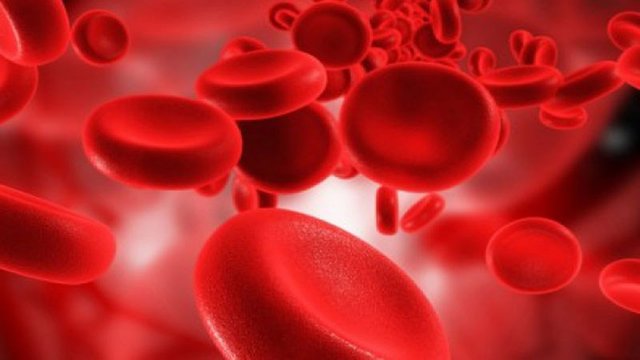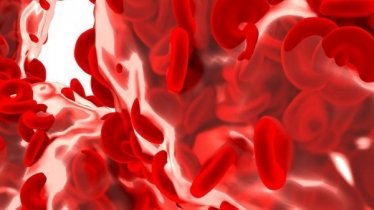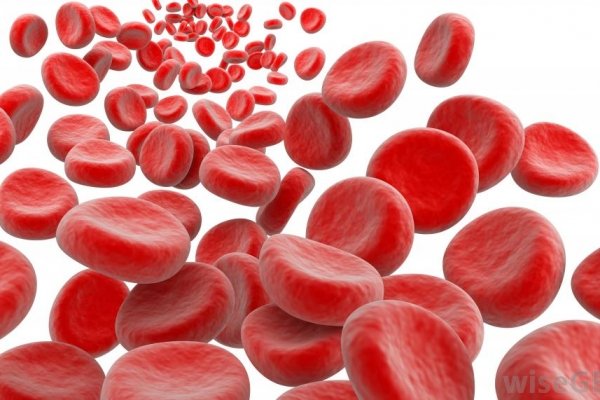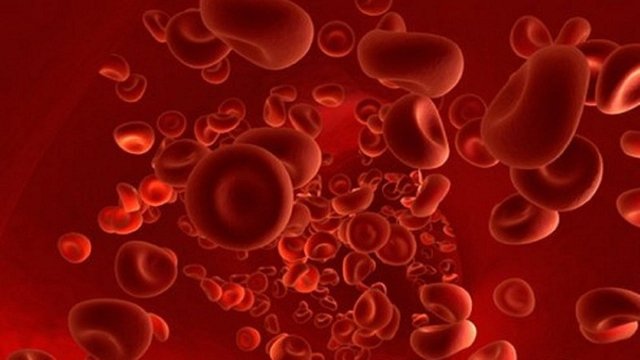What is hemoglobin? What is the function of hemoglobin? What happens in the absence of hemoglobin?


Almost all of us are less familiar with the term hemoglobin. Even so, the word really comes to mind about our blood. Because we know this word is related to blood. In the blood of all the vertebrates and vertebrates, including humans, hemoglobin is present in the blood, which completes other functions of the body, including oxygen management.

Let's know the details about hemoglobin today. We have a good idea about what it is, how our body works, its range, and so on.
What is hemoglobin?
Hemoglobin is an essential protein in our body, also called metalloprotein in medical science. It is in the red blood cells of our blood and maintains the required concentration in the blood. As the blood becomes thicker for hemoglobin, so does red. Other blood components are usually colorless, with hemoglobin blood.
Hemoglobin plays a role in the formation of two types of proteins in our body, medical science said. One is Tarshiyari and the other is Quaternary. Both types of protein are essential for the body. And to give the stability of these proteins, hemoglobin produces a type of amino acid called alpha-helix in the blood.
What is the function of hemoglobin?
We have already learned that hemoglobin is red colorless blood. It also ensures the adequacy of various components in the blood. However, the main function of hemoglobin is to transport oxygen to the body. It reaches the required oxygen in every part of the human body. Oxygen deficiency is one of the main problems that can occur when hemoglobin is reduced in the blood.

When we inhale oxygen from the air, it first goes to our lungs. Hemoglobin is responsible for the transport of oxygen from the lungs to every tissue in the body, to every organ.